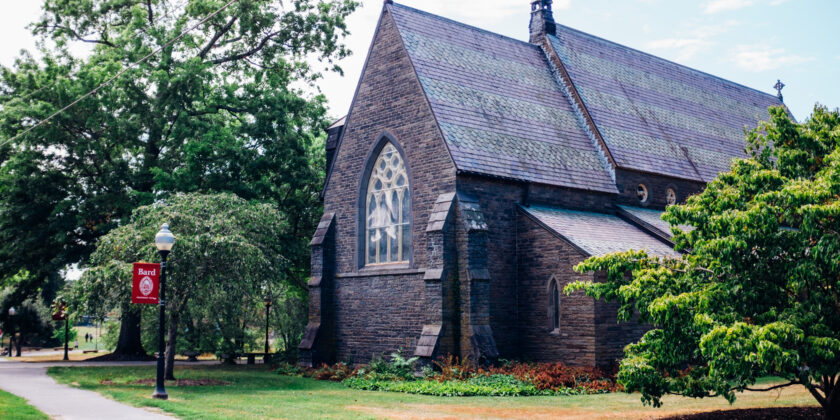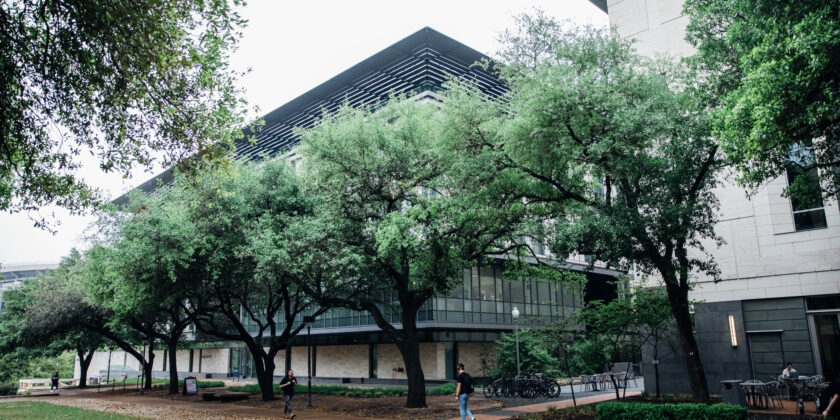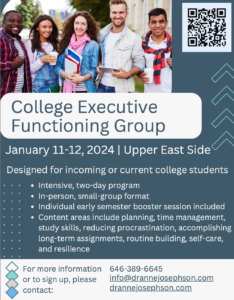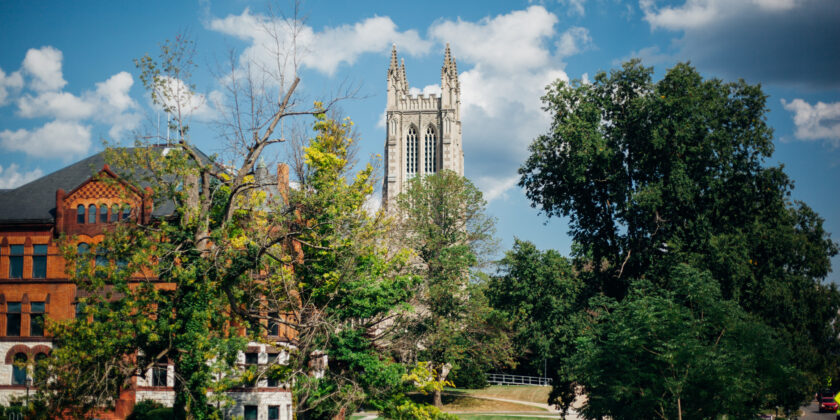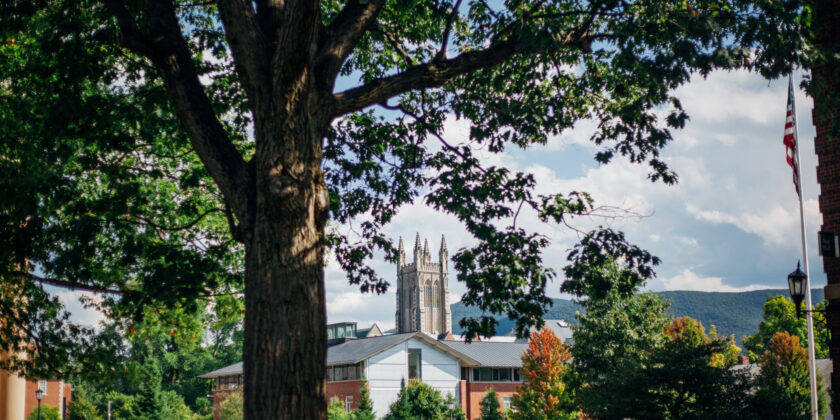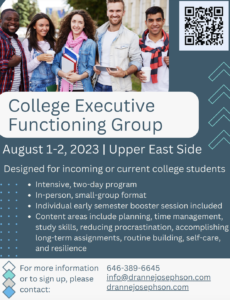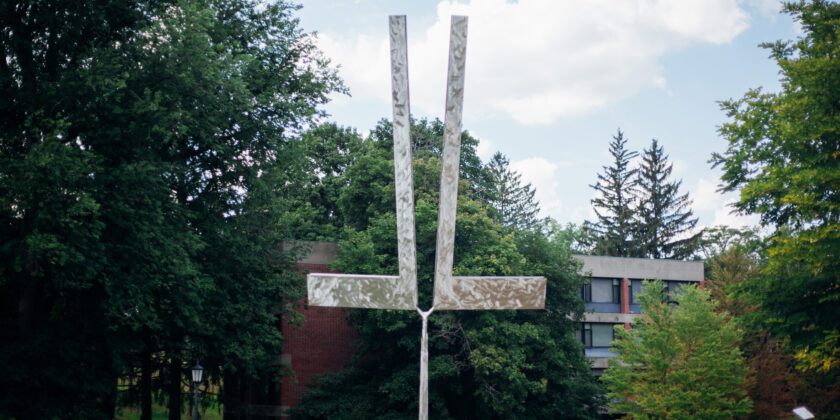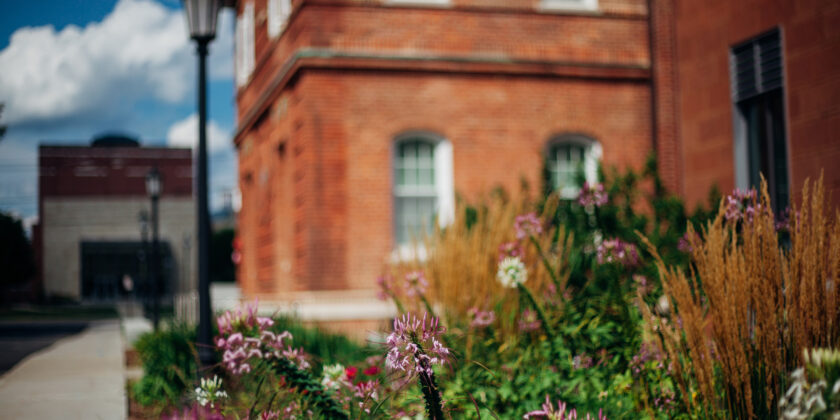Best Summer Programs (+Other Extracurriculars) for High School Students: Business
The following programs and other ECs are some of our favorites for students interested in business.
Morgan Stanley JumpStart Scholars in Finance is a 5-month virtual, immersive learning experience designed to develop a pipeline of ambitious high-school seniors into the world of finance.
LEADing for Life GSLI REEX is a residential program that will focus on developing a Pipeline of high-achieving, students (current high school juniors) by providing an immersive learning opportunity and preparation in Commercial Real Estate.
Fordham University, Various Programs
The Young Women’s Institute (free!) introduces young women to the college experience and business career opportunities. Students are selected from around the country to spend a week at Indiana University in Bloomington, Indiana. While at IU, students:
- Participate in workshops with top Kelley School of Business faculty
- Interact with Kelley alumni and current students
- Prepare a real-world business case project
- Build leadership and communication skills
- Connect with like-minded women interested in business
Wharton Global High School Investment CompetitionWharton Connect
Wharton Explore Business Mini-sites
Our Explore Business mini-sites are gateways to conversations, readings and activities that inspire high school students to think more deeply about issues affecting business and society. Dig into these Wharton-powered learning opportunities wherever and whenever you want to explore timely and compelling topics. Our mini-sites include:
Understanding Your Money is a self-paced online course for high school students. This course offers an introduction to fundamental economic concepts, investing, and basic money management to help you make smarter financial decisions. In addition to online video lessons delivered by Wharton faculty, the course includes links to related readings, activities and glossary terms, as well as quizzes to test students on what they have learned.
Non-“Program” Ideas We Love
Get a job!!! Wait tables, scoop ice cream, clean pools, landscape, construction, clean changeovers at hotels, grab a paper route — not glamorous, not always fun, but highly valuable.
Khan Academy Modules
Free Online Classes from Top Colleges & Universities
JUV Consulting
- Gain experience with prototype testing and feedback, give your opinions and perspectives on trends, be a part of potential focus groups, contribute to school outreach programs, and participate in brand ambassadorship opportunities. Learn more here.
Learn Bloomberg and Financial Modeling via Excel
- Bloomberg Market Concepts: Bloomberg Market Concepts (BMC) is a 10-hour, self-paced e-learning course that provides an interactive introduction to the financial markets. You can sign up for BMC online access here.
- Wall Street Prep
- Udemy
Internships and Shadows
- Just about anything goes here, but getting one on your own might be preferred by some schools over shadowing a parent; getting a real job instead can also help balance this out!
*Stay in the know! Subscribe*
